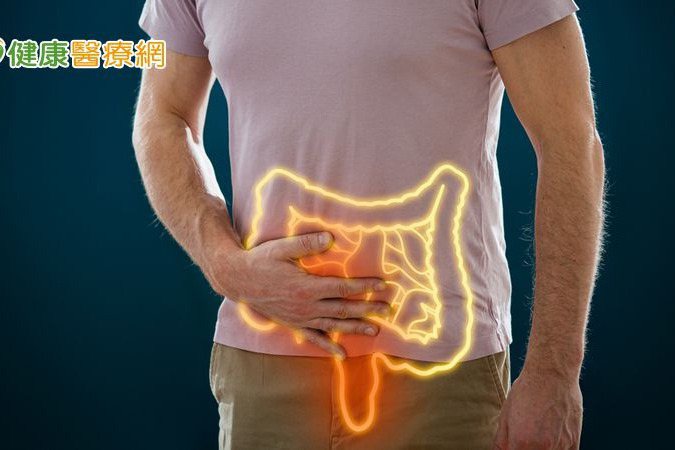
Mr Zhang, a 60-year-old successful businessman, found that his bowel habits had changed and he had occasional bleeding. Since the piles were found during a checkup at the clinic, he was treated by the clinic doctor without further investigation. However, for 5 to 6 months after that, I kept seeing bright red blood in my stool, and I had to undergo a colonoscopy. Unexpectedly, less than a year later, the pathology report confirmed that I was diagnosed with Stage 4 colorectal cancer.TumorIt metastasized from the rectum to the liver and lungs, and the largest liver tumor was 6.5 centimeters long.
Dr. Lai Guanming, director of the Department of Hematology and Oncology and Cell Therapy Center of Changji, who treated Mr. Zhang, said that although Mr. Zhang’s disease progressed rapidly, he made a quick decision and received compound treatments such as cell therapy, so his life The quality of treatment appears to remain good. Director Lai Guanming planned the first phase of treatment for Mr. Zhang. He first received autologous immune cell and natural killer cell (NK cell) treatment to strengthen Mr. Zhang’s immunity and physical strength, and then received targeted Western medicine and chemical treatment to destroy. it.cancer cellDevelopment and adjunctive treatment with traditional Chinese medicine, a three-pronged approach to the relief of physical discomfort.
After Mr. Zhang’s final sixth dose of cell therapy was readministered, follow-up PET imaging in March of the same year showed that the liver and lung metastases had completely disappeared. Then Dr. Zhang Yuyao, director of the Department of Colorectal Surgery, performed a rectal resection at the primary site. He began a second cell therapy of dendritic cells (DC) in June of the same year, completed five injections in September, and followed this with magnetic resonance imaging in October, with the cancer cells under stable control.
Dr. Zhang Yuyao said it was initially not possible to operate on Mr. Zhang because the tumor had spread to many parts of the body. For colorectal cancer patients with such complex conditions, Changji organizes multi-specialty team meetings, inviting hematology and oncology, colorectal surgery, hepatobiliary. Experts from surgery, thoracic surgery, radiology, pathology, radiation oncology and nuclear medicine come together to discuss what is best for the patient. After discussion at the meeting, it was decided to send Mr. Zhang to the Department of Hematology and Oncology for treatment. After treatment, follow-up examinations confirmed the excellent treatment effect.
Director Zhang Yuyao uses transanal total mesorectal excision (TATME). The advantage of this surgery is that the location of the tumor can be detected through the rectal endoscope at the time of surgery, and the intestinal tract that needs to be removed can be determined immediately to ensure that the tumor is removed. Has not gone. To reduce the impact of frequent bowel movements and leakage of stool on the patient after surgery, doctors clean it and preserve the patient’s intestines as much as possible.
Dr. Chen Jiaming, director of the Department of Traditional Chinese Medicine, said thatcancerDuring treatment, patients often undergo surgery, radiation, chemotherapy, and targeted therapies, which are often accompanied by severe side effects and discomfort. However, through experience combining traditional Chinese medicine treatments, it has been found that traditional Chinese medicine can actually help patients reduce the risks of radiation, chemotherapy, and targeted therapy. The side effects of the drugs can accelerate recovery after surgery, improve survival rates, reduce cancer recurrence and metastasis, and maintain long-term effects.
Source: Health Medical Network
https://www.healthnews.com.tw/readnews.php?id=61233
health(tagstotranslate)tumor